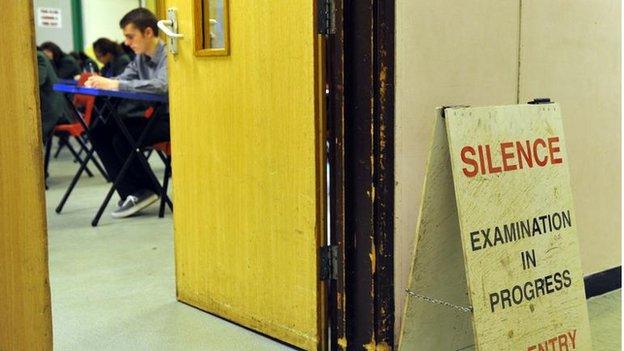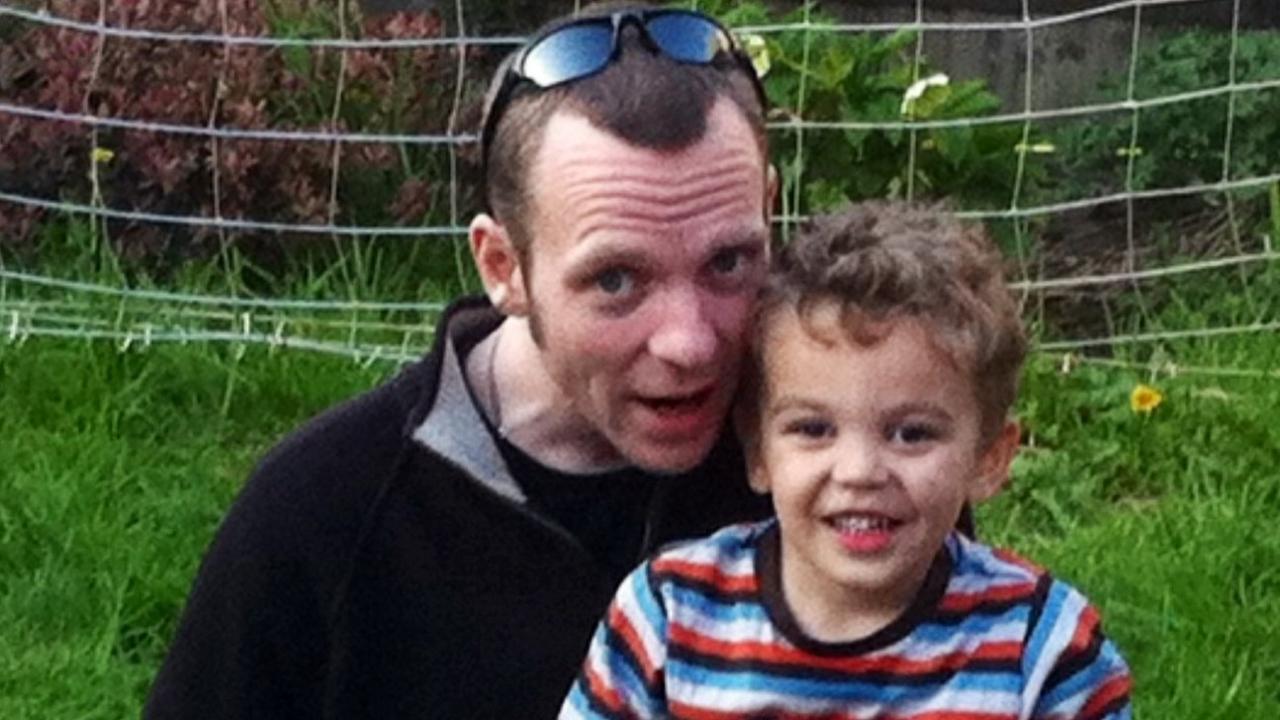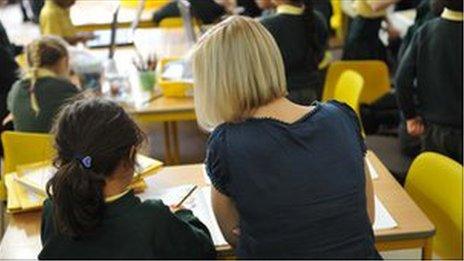Rise in requests for special needs exam concessions
- Published

Schools requested special access arrangements for 168,400 of the 1.9 million GCSEs and A-level candidates in the summer of 2014
The exams regulator Ofqual is to investigate a rise in requests from schools for special arrangements for candidates at GCSE and A-level.
Some candidates, for example those with disabilities or medical conditions, are allowed adjustments to their exams.
These can include extra time, a reader or scribe, coloured exam papers or a sign-language interpreter.
Last year saw a 10% rise in such requests from schools in England, Wales and Northern Ireland, says Ofqual.
"We will be asking exam boards to investigate, and we will be talking to schools to find out more", said Michelle Meadows, Ofqual's executive director of strategy, risk and research.
During the 2013-14 academic year there were 271,850 requests for access arrangements - up 10% on the year before, says Ofqual.
Tighter rules
But Ofqual says a tightening of the rules for access arrangements, particularly for extra time, had resulted in a fall in requests in 2012-13.
The numbers of requests have now increased so they are in line with previous levels, says the regulator.
These requests were for 168,400 candidates - a rise of 9% on the previous year. Most requests (almost 92%) were approved, again a 9% increase.
Ofqual says the total number of requests is higher than the number of candidates as schools and colleges may request more than one type of access arrangement for a candidate.
"For example a candidate may require both a reader and a scribe."
The regulator puts the number of requests into context by pointing out that in 2014, there were more than 1.2 million GCSE candidates and almost 700,000 for AS or A-Levels.
Ofqual says the most frequently granted access arrangement was the allowance of up to 25% extra time, for which 132,050 requests were approved last year, representing over half (53%) of all approved access arrangements.
Other types of access arrangements include bilingual dictionaries or requests for modified exam papers, for example printing on coloured paper can help some dyslexic students, while visually impaired candidates can request papers in large print or in Braille.
- Published15 May 2012

- Published7 March 2012
